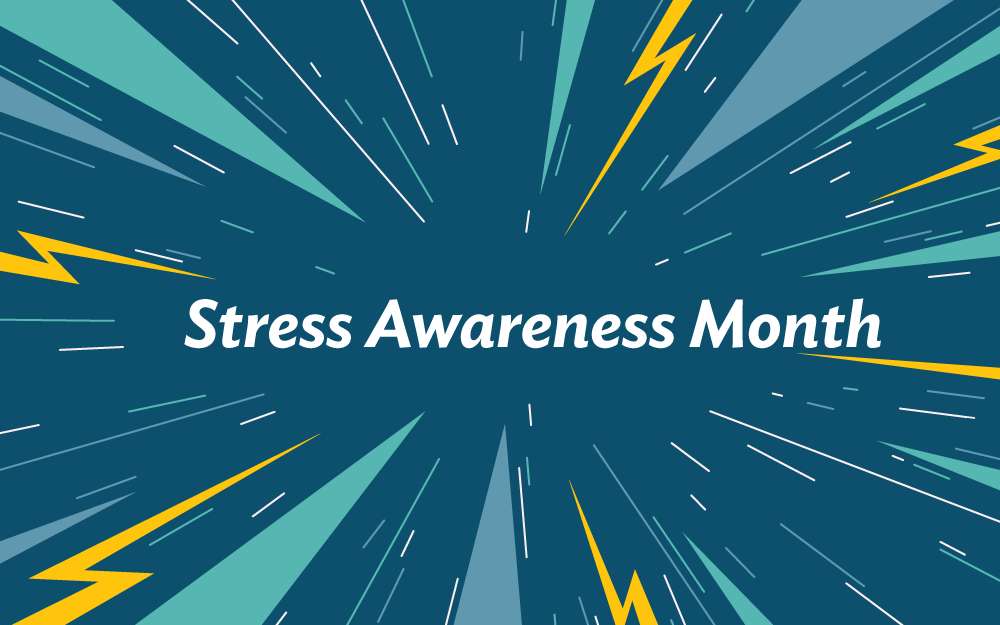National Stress Awareness Month has been observed in April since 1992, with the goal of bringing attention to the negative impact stress has on our daily lives.
“Stress is the physical and mental reaction we have to a stressor, which is essentially anything happening outside of us that causes us strain or tension,” says Maya D’Eon, PhD, psychologist and clinical supervisor at Rogers in San Diego. “Situations that are uncertain or uncontrollable are a breeding ground for stress.”
Dr. D’Eon says awareness is critical because we aren’t accustomed to regularly checking in with ourselves.
“We all tend to focus on the things we have to do and the people in our lives,” she says. “Stress builds as the number and intensity of stressors increases. The longer we’re exposed to a stressor, the more it taxes us physically and mentally. When left unchecked, a person can reach the point of burnout.”
5 signs you could be experiencing too much stress:
- Persistent exhaustion
- Feeling indifferent, less connected
- Thinking more negatively and becoming more easily annoyed or frustrated
- Being forgetful
- Experiencing headaches, stomachaches, changes in sleep, or appetite
How to manage stress
“We can’t handle stress effectively if our basic needs aren’t being met,” she explains. “I recommend prioritizing sleep, staying hydrated, exercising, and limiting caffeine. Doing those things allows you to be in a better starting position by giving you the mental and physical energy needed to tackle challenges.”
When we’re under stress, Dr. D’Eon says we need to acknowledge it, then stop, step back, and engage in activities that recharge us.
“I recommend scheduling self-care breaks throughout the day,” she says. “Even five to ten minutes to do something you find restorative or relaxing helps. Figure out what’s in your control and problem solve ways to reduce the strain. When you’re feeling overwhelmed, reach out to someone you trust for support.”
Rogers is here to help
If you’re struggling to manage stress or another mental health challenge, reach out to Rogers for a free, confidential assessment by calling 800-767-4411 or filling out this form online.


